“It’s too late and too dark for you to be standing out here by yourself,” Kevin said. “Let me drive you home.” I peered back at him from the open city bus stop bench with a look of gratefulness. I shrugged and climbed into his little Volkswagen, buckled up, and smiled at him. Even in my angsty teen years, I knew that Kevin and the others who worked at the Boys & Girls Club really cared about us who went there.
Their care and concern for us extended beyond the hours that the club was open and transcended their job description. This was not the first time Kevin or one of his colleagues saved me from potential risk, and it wouldn’t be the last.
I come from humble beginnings. From my middle school days to the time that I was 16, I went to my local Boys & Girls Club in Eugene, Oregon. I was never a troublemaker, but what the staff there did was so much more vital than keeping us out of trouble. They made us feel heard, included, and valued. I will never forget Kevin or any of the other staff that made me feel that I was a part of something important by encouraging me to do well in school and make the right choices.
Most of us can relate to one organization or another that has made a significant difference in our lives or in the life of a loved one. Increasingly, CSR – Corporate Social Responsibility – activities are bridging the gap between those places in our heart and their origin in our lives. For example, my colleagues and I are all given the opportunity to give back to organizations of our choosing with a set stipend once annually. It’s a chance to think beyond ourselves and what is expected of us at work by doing good in our communities. (Sidebar: Guess what? Microsoft Word thinks that the use of the word, “good” in this context is incorrect.)
CSR offerings and activities are working to change the focus within corporate culture, often as part of employee engagement programs.
Business Dictionary defines CSR as, “a company’s sense of responsibility towards the community and environment (both ecological and social) in which it operates.” This corporate “citizenship” is manifested through companies’ modified waste and reduction processes, and contributions to educational and social programs. Usually, CSR is seen as an expansion of focus by stakeholders to include philanthropy and volunteering.
Standard CSR activities include:
- Community involvement: Charitable donations and/or fundraising, volunteering, sponsoring local events, hiring employees or interns who might be considered inexperienced or “at risk,” supporting local economic growth, engaging in fair trade practices, and so on.
- Environmental sustainability: Recycling, waste management, water management, renewable energy, reusable materials, “greener” supply operations, reduced paper use and adoption of Leadership in Energy and Environmental Design (LEED) building standards.
- Ethical marketing: Placing a higher value on their customers, suppliers, and employees by establishing elevated expectations of respect and delivery of communications and products/services. CSR aside, this should be a baseline for corporate operations, but is considered a vital branch of corporate social responsibility.
By extension, effective CSR can have a positive impact on your bottom line by helping to build customer loyalty based on a common interest and respect for distinctive ethical values. Some companies use their commitment to CSR as a strategic marketing tool which allows them to sustain a competitive advantage by using their social contributions as another form of advertising. Think about your favorite brands and their presence in your community. Do you know who is responsible for cleaning up your local highway? Has your favorite beverage brand changed their packaging in the past five years? Steadily, CSR operations are being adopted by more of the U.S.’ top companies, and is spreading.
According to the Global Survey on Corporate Social Responsibility conducted by Nielsen last year, Americans—especially Millennials (age 21-34)—appeared more responsive to sustainability actions. Among global respondents, Millennials were the most likely to pay more for sustainable products, were likely to check packaging for sustainable labeling, and were most likely to be swayed by a commitment to CSR by the brand.
 Many of our clients know that caring for the community is important to employees. They are increasingly including CSR initiatives as part of incentive travel and employee engagement programs and as a manifestation of their corporate and community values. And if an employee knows that her company cares about their community, she will be more confident that she matters to the company as well. More than that, regardless of the company’s mission, she will feel that she is a critical part of something great. That’s a very personal form of employee engagement – good for the individual, good for the company, and good for the community.
Many of our clients know that caring for the community is important to employees. They are increasingly including CSR initiatives as part of incentive travel and employee engagement programs and as a manifestation of their corporate and community values. And if an employee knows that her company cares about their community, she will be more confident that she matters to the company as well. More than that, regardless of the company’s mission, she will feel that she is a critical part of something great. That’s a very personal form of employee engagement – good for the individual, good for the company, and good for the community.
Because of the Boys & Girls Club, I have a life today that has far exceeded even my most ambitious expectations, and a career that is challenging and fulfilling. Now, I work for a company that understands that a company can make a difference in its community. In addition to other CSR initiatives and charitable drives, Dittman Incentive Marketing encourages me to give back; I can match their contribution to help pay for membership for a young boy or girl who might not have any place to go after school and a support system that will empower them to go on to do great things. I hope he’ll pay it forward somehow when he lands on his feet, too. And if you’re a corporate planner, thinking of including a CSR event… You never know where your contribution may lead or how many it could help, whether it’s collecting donations of clothing, picking up litter in a neighborhood park, or building wheelchairs.
I, and many others in the today’s workplace, want to do more than just my job and to know that I’m a part of something bigger than myself or the balance of my day-to-day responsibilities—even those that result in work that is rewarding and empowering. Opportunities to give back and contribute to CSR activities ensure that I am invested in the world outside of my inbox, which is important toward my personal fulfillment, because I don’t want just to do well. Like Kevin, I want to do good.



